Adaptability
- August 11, 2025
- Posted by: info@seven.net.in
- Category: Talent Management

The Future-Proof Skill That Drives Career Success, Leadership, and Well-Being
Adaptability is no longer an optional trait; it’s the single most important skill for thriving in a world defined by constant change. Whether you are navigating career transitions, leading teams, or adjusting to new technologies, your ability to adapt can determine whether you stay ahead or fall behind.
This guide explores the definition of adaptability, why it’s more important than ever, its key dimensions, and practical strategies to strengthen it for both personal and organizational success.
1. What Is Adaptability and Why It Matters
Adaptability Definition for the Modern Workplace
Adaptability is the ability to adjust your behavior, mindset, and actions in response to changing environments, demands, or circumstances. In the workplace, this might mean modifying strategies, workflows, or roles to align with new conditions. True adaptability is proactive, not just reactive, it enables individuals and organizations to thrive, not simply survive, in shifting environments.
Examples of Adaptability in Leadership and Personal Growth
In the workplace, adaptability goes beyond flexibility. It’s about actively adjusting to new projects, shifting client needs, evolving industry trends, or revised processes with agility and focus. This skill connects closely to communication, creative problem-solving, and emotional resilience, qualities that employers value highly.
Leaders demonstrate adaptability when they pivot quickly in response to market disruptions, technological changes, or internal shifts. Adaptive leaders embrace change as a driver of innovation, guiding teams confidently through uncertainty.
On a personal level, adaptability fosters openness to new experiences, learning from setbacks, and aligning actions with long-term goals, even in turbulent times. With AI, hybrid work, and global market shifts, being a “learn-it-all” has become essential for career resilience.
Expert Insight: Harvard Business School’s Professor Joseph Fuller describes adaptability as a “muscle” that grows stronger when you remain open to unexpected opportunities instead of clinging to rigid plans.
Summary Table – What Adaptability Means in Different Contexts
| Context | Meaning |
| Workplace | Agile adjustment to new roles, processes, clients, and environments |
| Leadership | Forward-looking guidance in uncertain situations |
| Personal Growth | Mindset of learning, resilience, and goal alignment despite challenges |
2. Why Adaptability Is Essential in Today’s BANI (Brittle, Anxious, Non-linear, Incomprehensible) World
Artificial Intelligence, automation, and emerging digital tools are transforming industries at unprecedented speed. Job roles are being redefined, and entire skill sets can become obsolete within months. Adaptability skills, particularly the ability to learn, unlearn, and relearn, ensure professionals remain relevant and competitive.
The Impact of AI and Technological Disruption on Adaptability Skills
How Hybrid and Flexible Work Models Demand Workplace Adaptability
The rise of hybrid and flexible work models has redefined collaboration. Leaders and employees must adapt to managing distributed teams, integrating digital workflows, and balancing in-office and remote productivity demands.
The Role of Adaptability in Navigating Economic and Geopolitical Uncertainty
Economic cycles, supply chain disruptions, and geopolitical changes create unpredictable business conditions. Adaptability enables organizations to pivot strategies, safeguard operations, and identify new opportunities even during downturns.
Leadership Adaptability as a Competitive Advantage
Adaptive leaders anticipate change before it arrives, foster team confidence, and create cultures where innovation thrives. In contrast, leaders who resist change risk slowing organizational progress and missing emerging opportunities.
3. Key Types and Dimensions of Adaptability Skills
Adaptability is multi-dimensional. The following categories form the foundation of what researchers call “adaptive performance”, the ability to handle new, uncertain, and changing work demands.
Cognitive Adaptability for Problem-Solving and Decision-Making
Adjusting thinking patterns, processing new information quickly, and shifting decision-making strategies as situations evolve.
Emotional Adaptability to Manage Stress and Change
Managing emotions effectively, staying composed under stress, and remaining open-minded in the face of unexpected challenges.
Behavioral Adaptability for Evolving Work Demands
Modifying actions and approaches to meet new requirements, environments, or team dynamics.
Social Adaptability for Better Collaboration and Communication
Building and maintaining positive relationships, communicating effectively with diverse groups, and adjusting interpersonal styles as needed.
Environmental Adaptability for Diverse Work Environments
Thriving in varied physical, cultural, or organizational settings, especially valuable in global or cross-functional teams.
Interested in measuring your Adaptability Quotient? Click Here
4. How to Improve Adaptability at Work and in Life
Adaptability is a skill that can be developed with intentional effort. Here are proven ways to strengthen it:
- Embrace Continuous Learning to Strengthen Adaptability
Commit to regularly acquiring new skills through formal training, self-learning, or on-the-job experiences.
- Seek Stretch Assignments to Boost Workplace Resilience
Take on projects outside your comfort zone to expand your capabilities and problem-solving skills.
- Use Scenario Thinking to Prepare for Uncertainty
Anticipate potential challenges and plan for multiple outcomes to stay mentally prepared.
- Develop Emotional Intelligence for Leadership Adaptability
Enhance self-awareness, empathy, and emotional regulation to navigate change with greater ease.
- Adopt a Growth Mindset to Embrace Change
View setbacks as learning opportunities, reinforcing the belief that skills and abilities can be improved over time.
- Build a Strong Network for Career Adaptability
Connect with diverse professionals who can offer new perspectives, knowledge, and opportunities.
Interested in measuring your Adaptability Quotient? Click Here
5. Organizational Benefits of Adaptability in the Workplace
When adaptability becomes part of an organization’s DNA, the impact can be transformative.
- Faster Response to Market and Industry Changes: Adaptable teams can pivot strategies quickly, minimizing disruption and capitalizing on new opportunities.
- Higher Capacity for Innovation and Problem-Solving: Organizations that encourage adaptability foster creativity, experimentation, and rapid iteration.
- Increased Employee Engagement and Retention: Employees who feel capable of handling change are more confident, motivated, and committed to their roles.
- Reduced Burnout Through Adaptable Work Practices: Providing flexible systems and clear communication helps employees manage uncertainty and avoid fatigue.
- Better Cross-Functional Collaboration: Teams that adapt easily can integrate efforts across departments, increasing efficiency and alignment.
6. Expert Insights on Adaptability and Leadership Agility
Experts across industries agree that adaptability is the defining skill for long-term success. High-performing professionals share common traits: they stay curious, embrace feedback, and treat change as an opportunity rather than a threat.
One consistent finding is that adaptability outperforms static expertise. While technical knowledge can become outdated, adaptability, through learning, unlearning, and relearning, remains relevant. Leaders who model adaptability send a powerful message: change is not just acceptable, it’s the pathway to innovation.
7. Conclusion – Adaptability as the Key to Future Success
Adaptability is not merely about surviving disruptions, it’s about shaping change to work in your favor. In a world where yesterday’s solutions may not solve today’s problems, those who adapt quickly will always have the advantage.
For individuals, adaptability unlocks new opportunities, accelerates career growth, and builds resilience. For organizations, it fosters agility, innovation, and sustained performance.
Unlock Your Team’s Potential with Adaptability Training from Seven People Systems
Contact us today to discover how our tailored adaptability and leadership programs can transform your organization’s results.
Latest Blogs
- How the Executive Coaching Process Works: A 5-Stage Framework for Sustainable Leadership Growth
- 5 Simple Steps to Confident Personal Decision Making: A Complete Guide
- 5 Critical Organisational Problems Adaptability Quotient (AQ) Can Solve
- AI Training & Certification in India: The Complete 2025 Guide to 46 AI CERTs® Programs
- Adaptability Assessment in India: Why AQai is the Benchmark for Leaders and Teams

